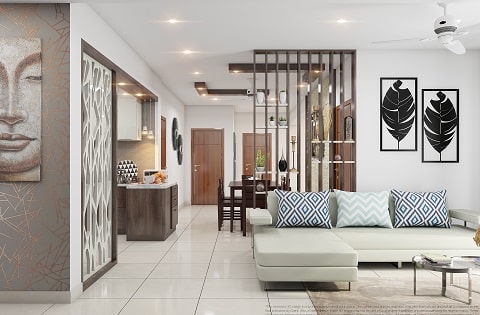Interior design is a powerful tool that goes beyond creating visually appealing spaces; it has the potential to positively impact lives on various levels. By prioritizing functionality, comfort, and aesthetics, interior designers contribute to the overall well-being of individuals and communities.
One significant benefit lies in the creation of environments that promote mental and emotional well-being. Thoughtful selection of colors, textures, and lighting can influence mood and evoke positive emotions, fostering a sense of harmony and tranquility within a space. This is particularly valuable in homes, where a well-designed interior becomes a sanctuary for relaxation and rejuvenation.
Additionally, interior design plays a pivotal role in supporting functionality and efficiency. Through innovative layouts and space planning, designers can optimize the use of available space, making it more practical and adaptable to the needs of its inhabitants. This is especially relevant in modern urban living, where space is often a premium.
In essence, interior design is not just about creating beautiful spaces; it's about enhancing lives. By considering the holistic experience of a space, designers have the ability to positively influence the daily lives of those who inhabit these thoughtfully crafted environments.

